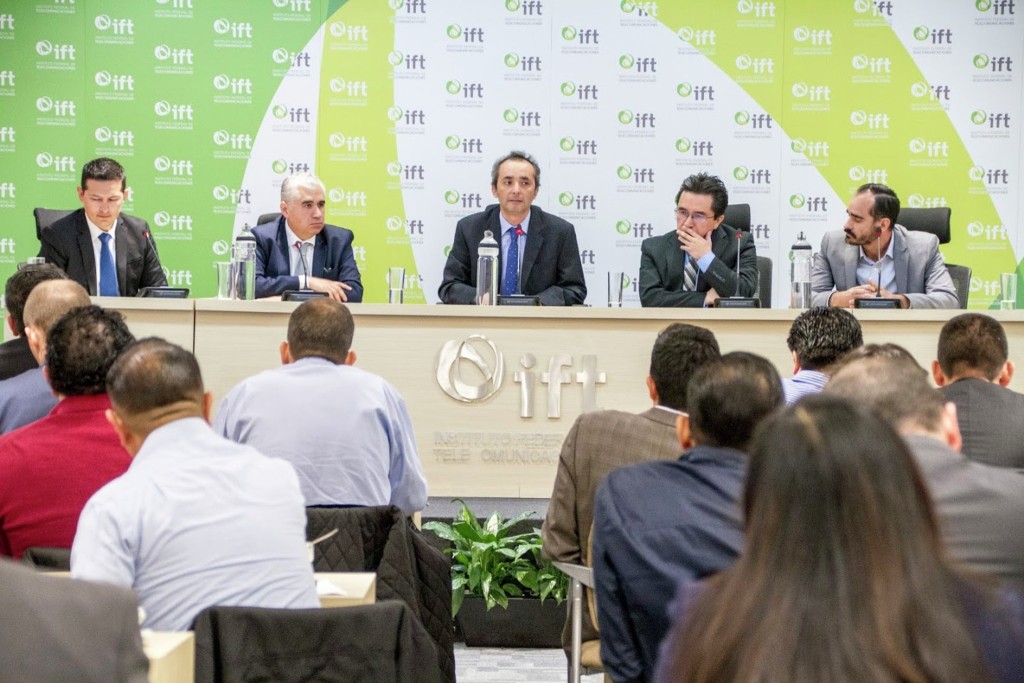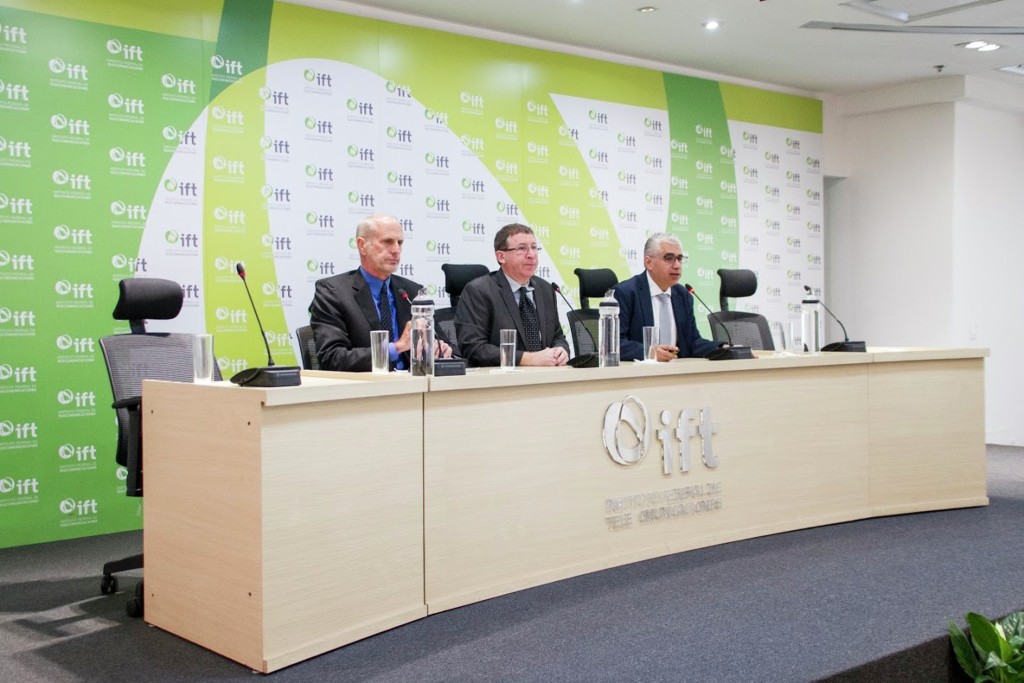High Altitude Platform Stations (HAPS) can meet the growing demand for high-capacity broadband networks, particularly in underserved areas. In a country like Mexico, with a sharp rural-urban divide, areas of low population density, and difficult terrain, the technology can provide an answer to connectivity challenges. Accordingly, at the end of October, the Federal Institute of Telecommunications (IFT) organised a HAPS workshop in Mexico City to discuss the commercial, economic, and social potentials for this nascent technology.
The event successfully gathered federal government officials, telecom regulators, academics and representatives from Mexican and international companies to discuss how HAPS could meet Mexico’s need for connectivity. Notably, the workshop saw the presence of Abel Hilbert Sánchez, Economic Advisor to the President Elect, who reiterated the new administration’s commitment to extend the footprint and accessibility of broadband.
International HAPS proponents, including Facebook, Airbus, Thales Alenia Space, and Elefante Group were happy to support conversation between the IFT, the SCT, and other local companies over several panel sessions on Mexican connectivity initiatives.
Attendees discussed the technical capabilities of HAPS — wide area coverage (up to 100 km in diameter) provided by autonomous drones with little ground infrastructure at a low cost — and how this could apply to Mexico. For example, the flexible nature of moving drones allows Internet access to be redeployed and scaled as demand changes. Since 84% of existing Mexican Internet users are in urban areas, HAPS can be a strategic tool to provide affordable backhaul in unconnected areas, helping close the digital divide.
The event continued with a collaborative discussion on spectrum management in light of the 2019 ITU World Radio Conference and ended with a panel discussion on Mexico’s broadband footprint with contributions from local stakeholders — such as Enrique Ruiz from México Conectado, Erick Huerta from the Mexican NGO Networks for Diversity, Equity, and Sustainability AC and José Luis Cuevas from the Monterrey Institute of Technology and Higher Education.
According to Access Partnership’s Senior Policy Analyst Luca Elmosi, “The Mexican administration has a long-standing commitment to bridging the digital divide and this initiative is proof of their determination to use innovative technologies like HAPS to do so.” He continued “The IFT is doing a great job at enabling collaborative discussions like these. Fostering an informed debate between so many stakeholders translates into Mexico’s international leadership on connectivity issues.” The Mexican government has implemented two programmes — Red Compartida and Mexico Conectado — dedicated to bringing Internet services to more than 140 million Mexicans, as well as offering free connectivity in public schools, libraries, hospitals and other public spaces. Since its creation in 2013, the IFT has pursued the promotion of social, regional, and territorial cohesion; the effective use of spectrum (assigned spectrum has grown 163% since 2013); and the promotion of technological neutrality.






